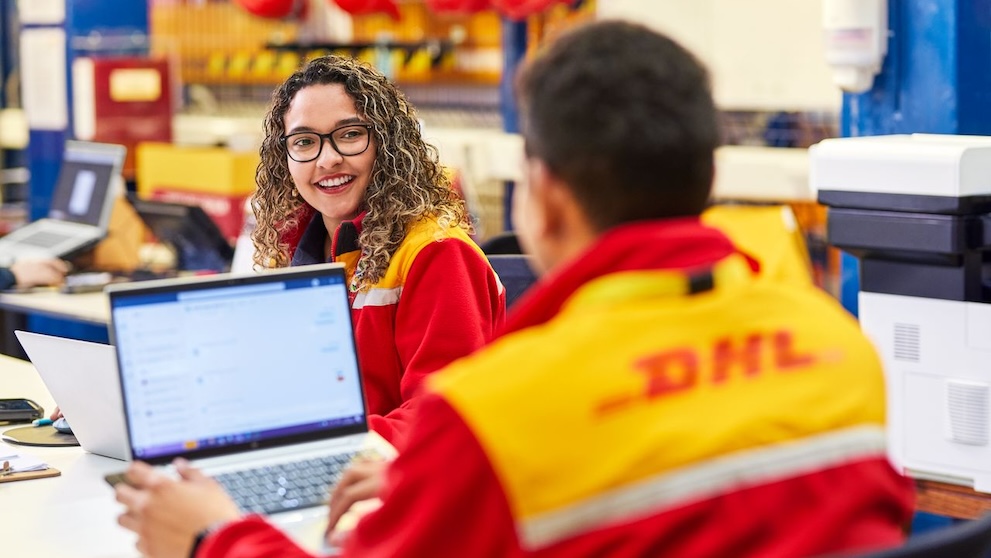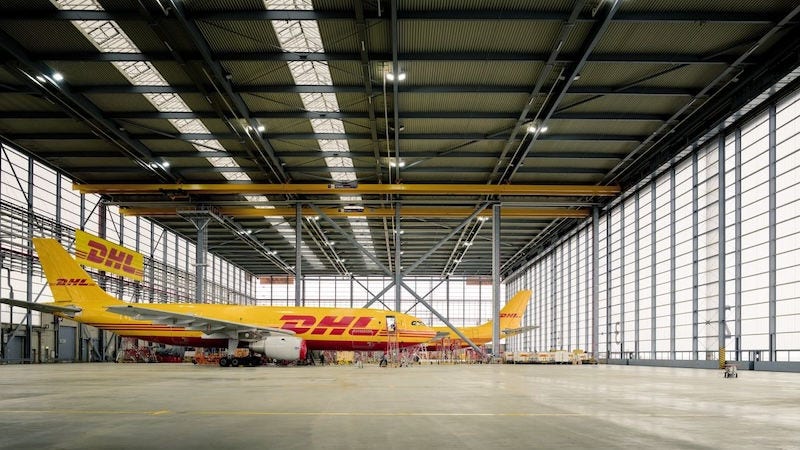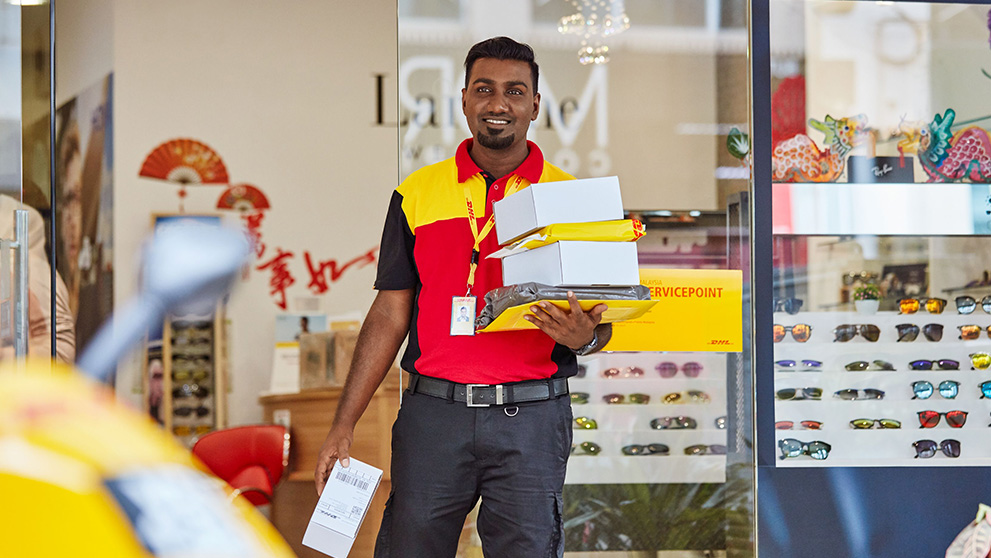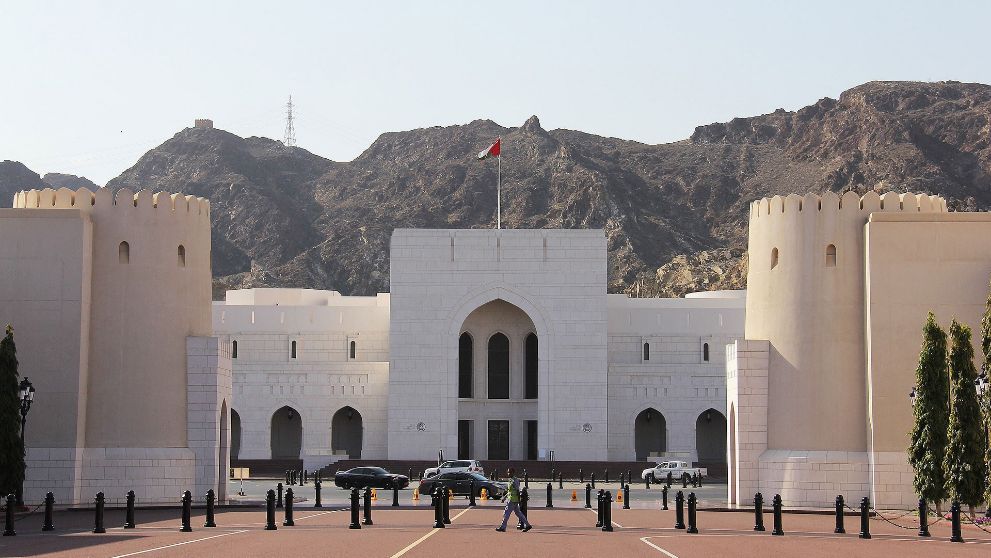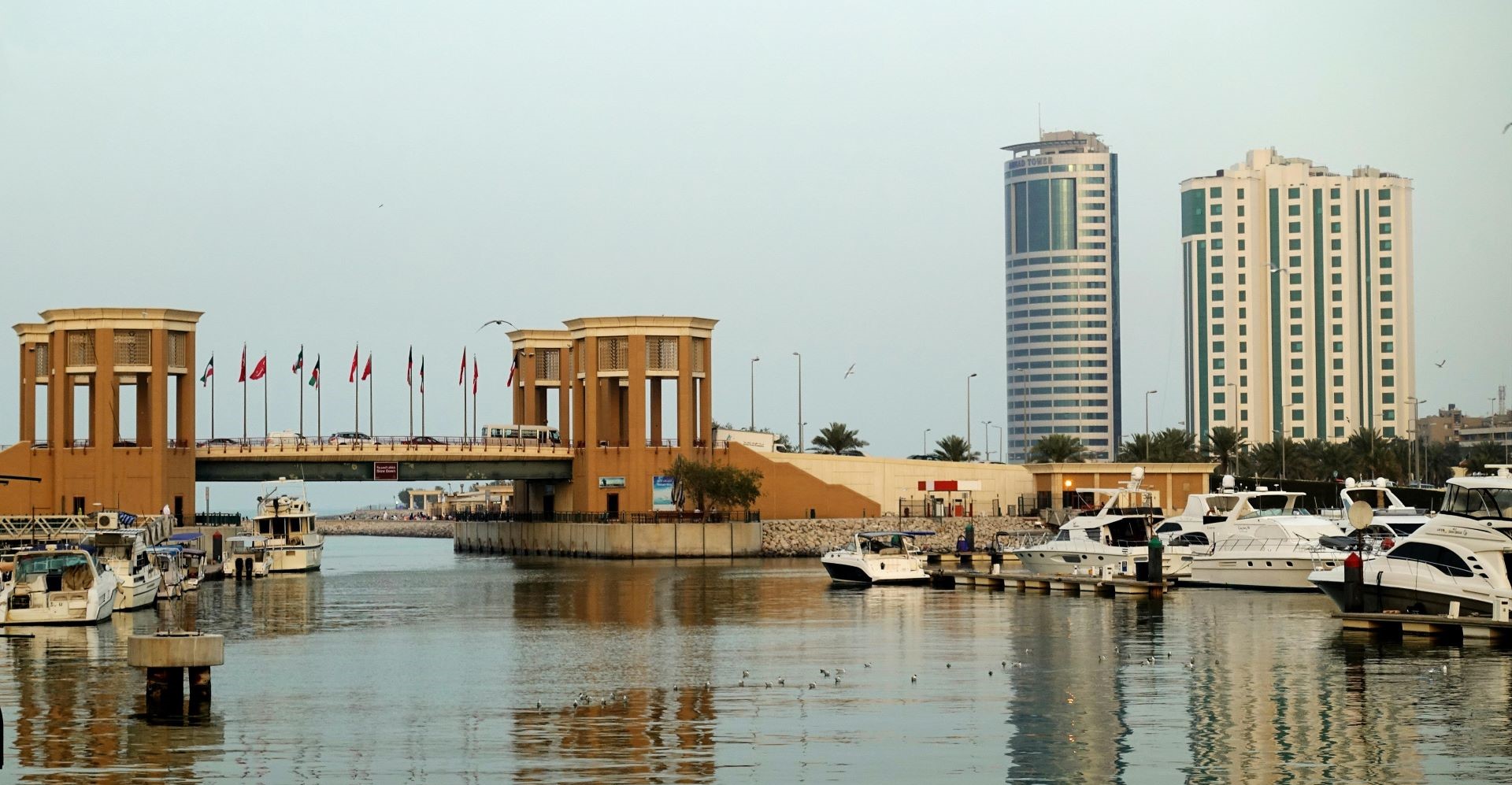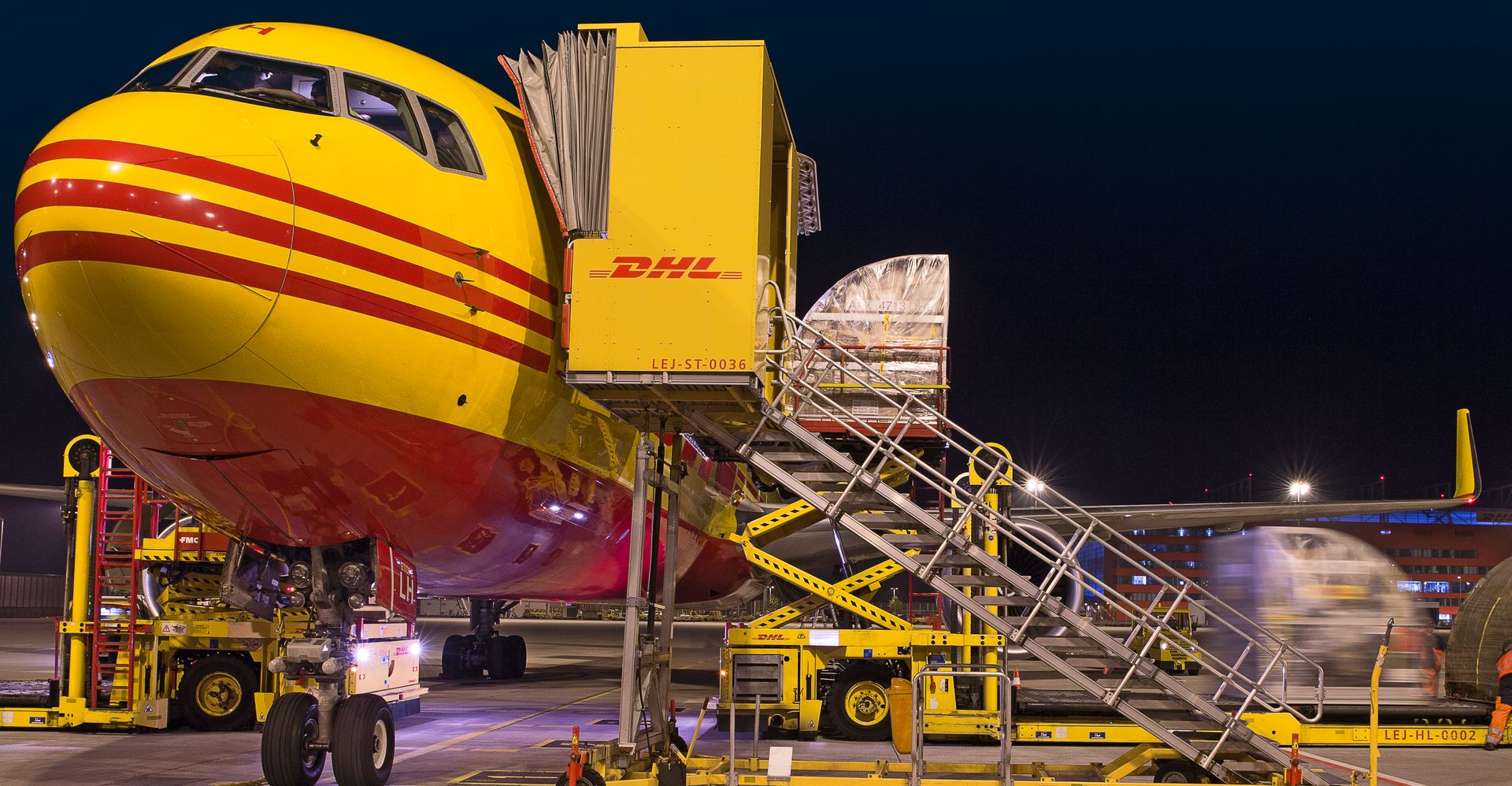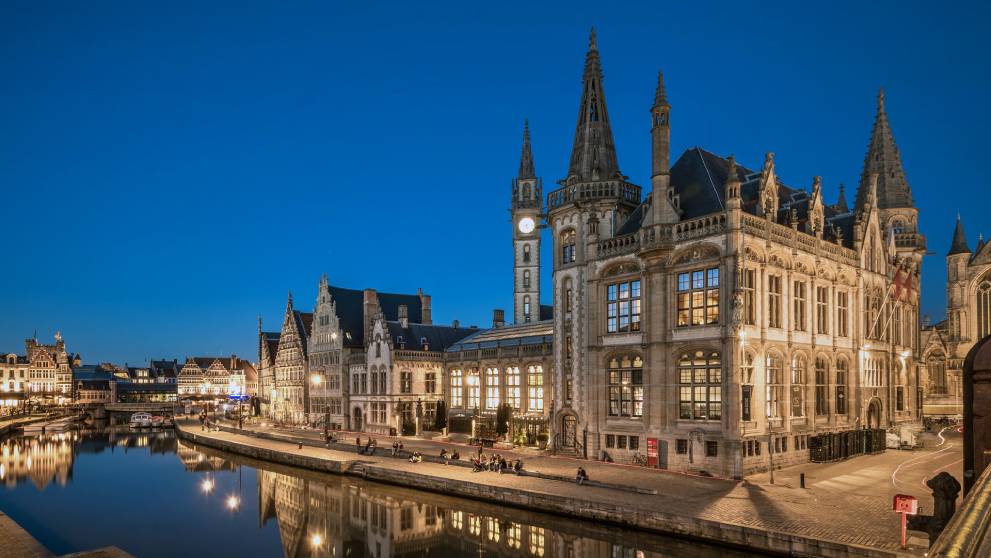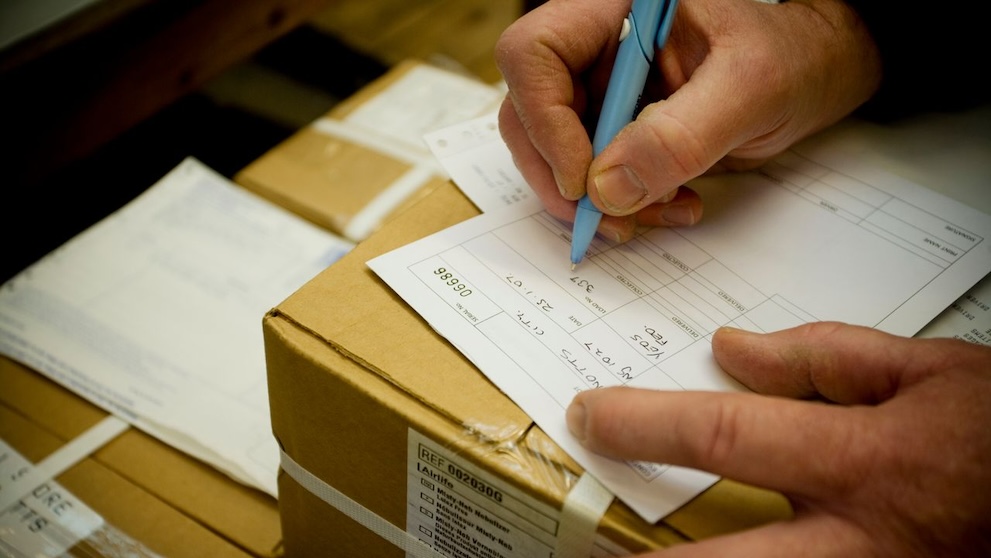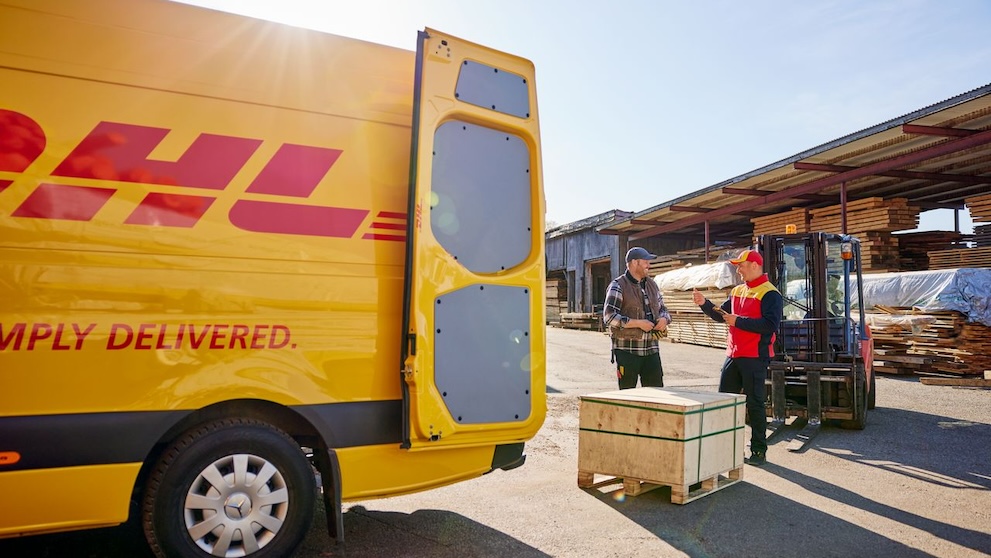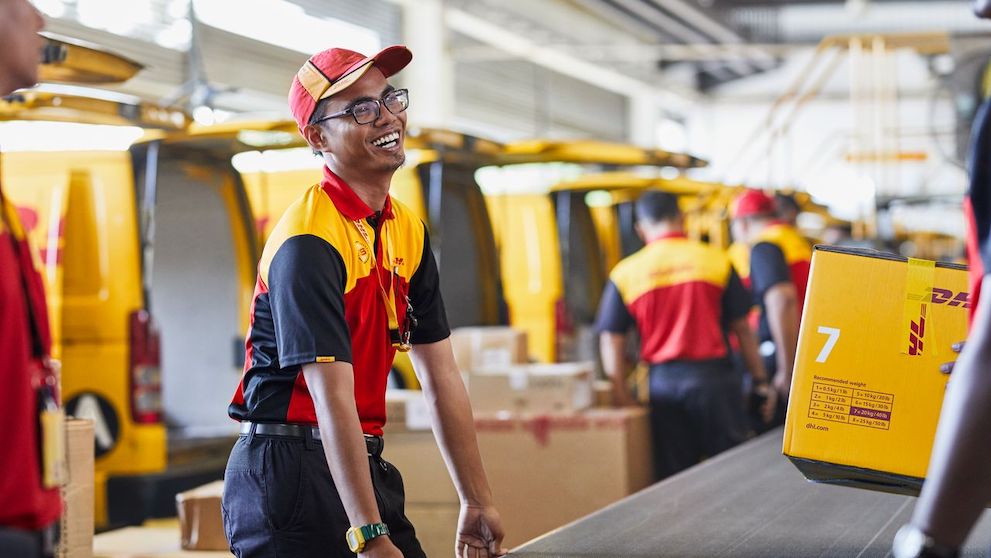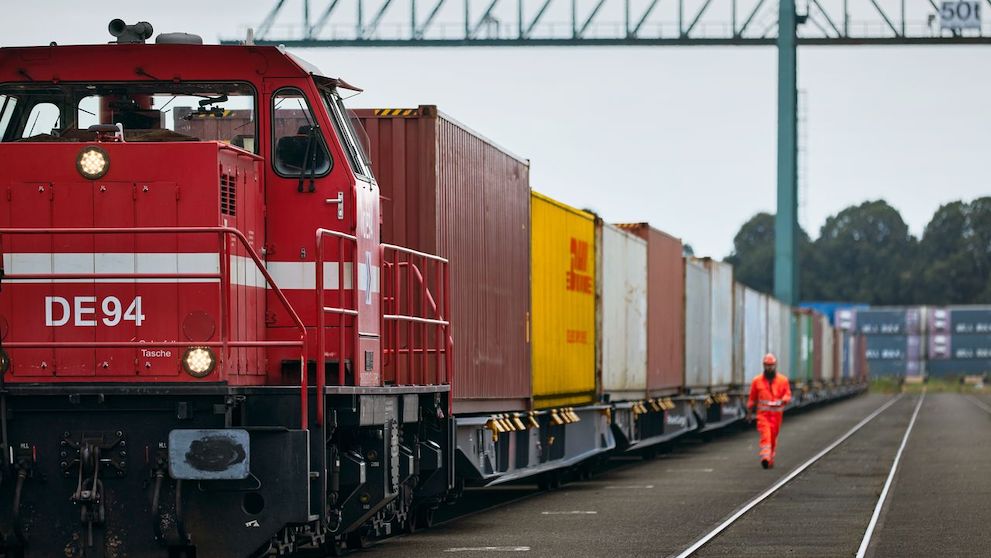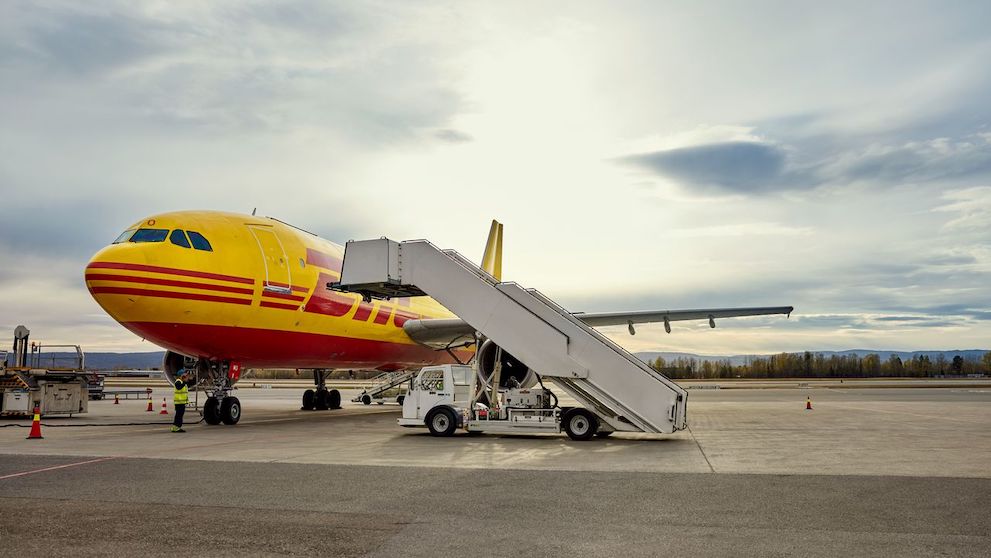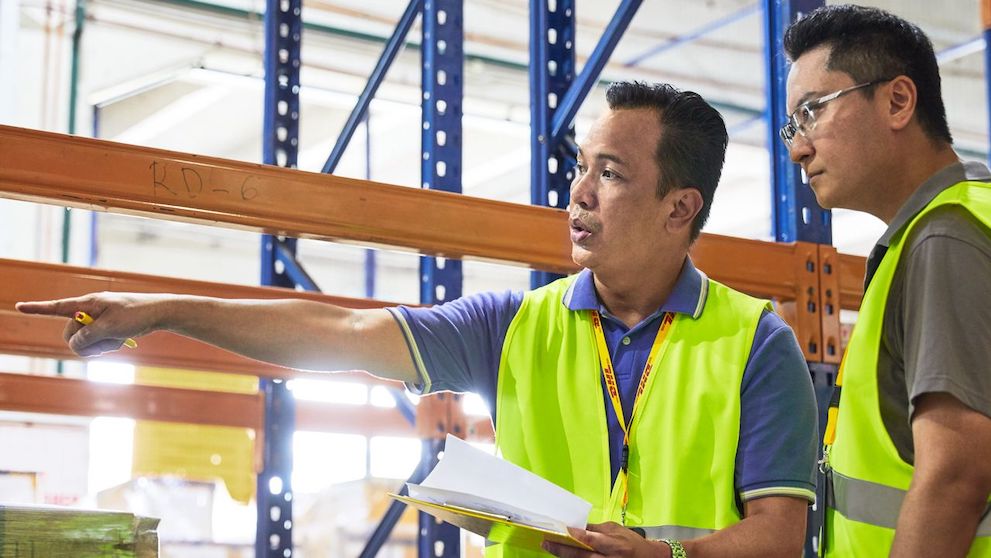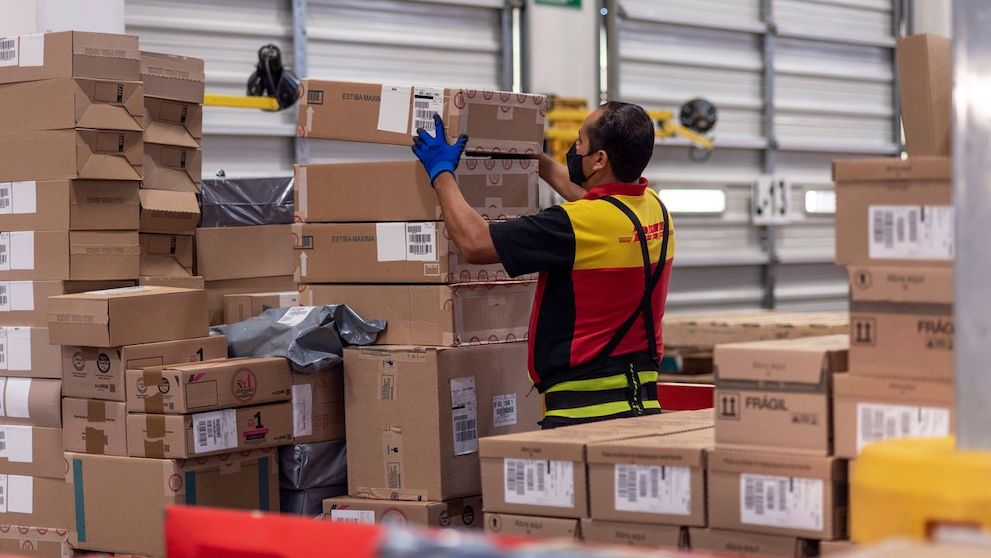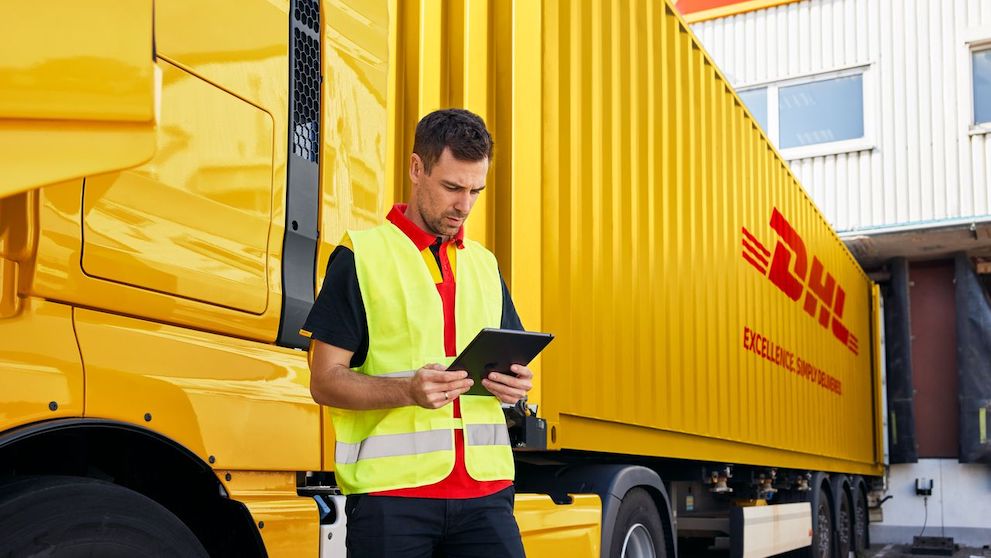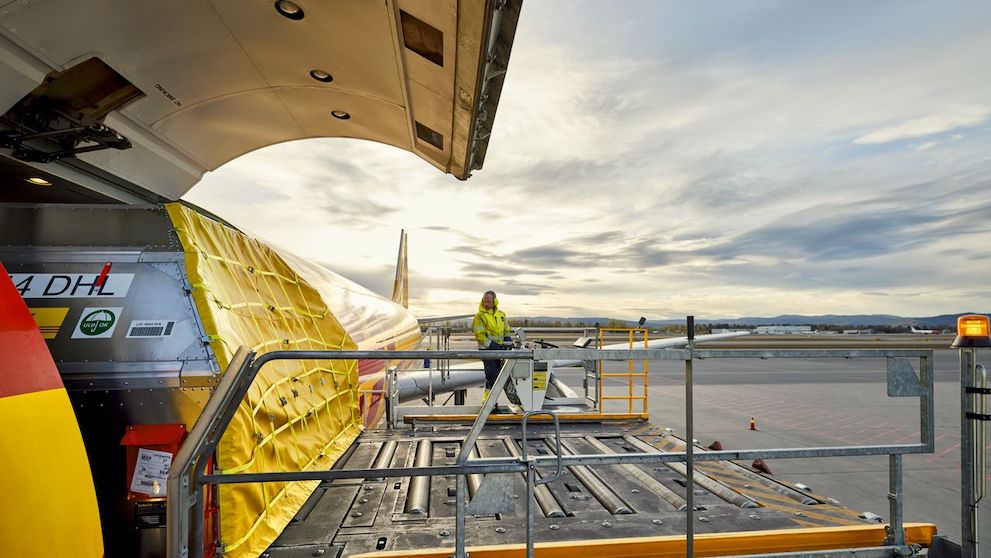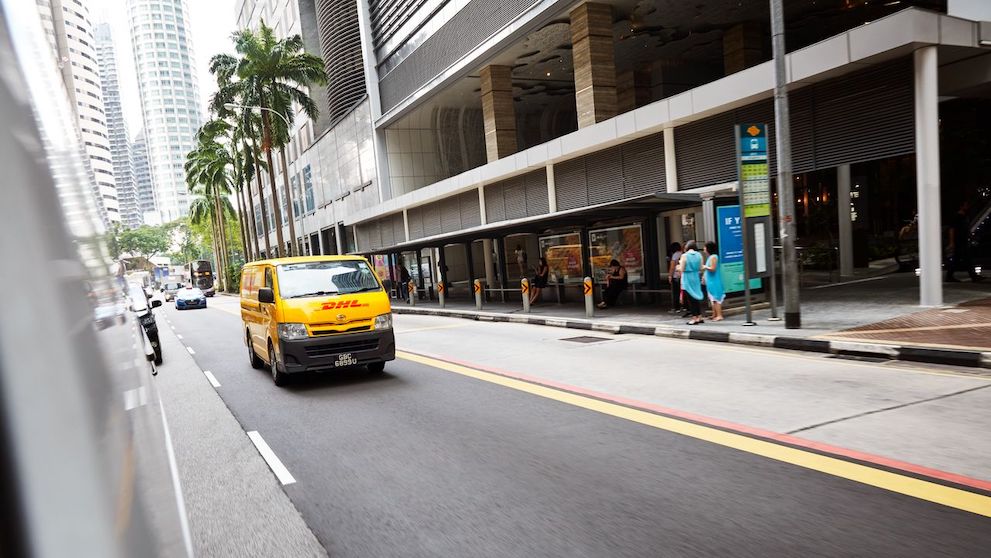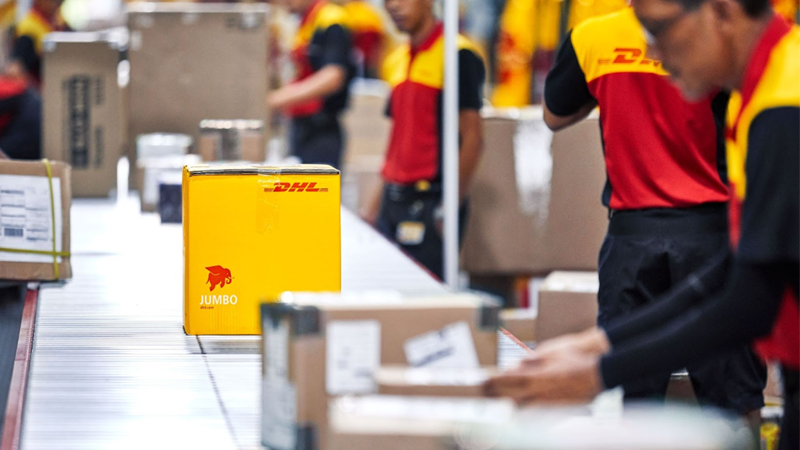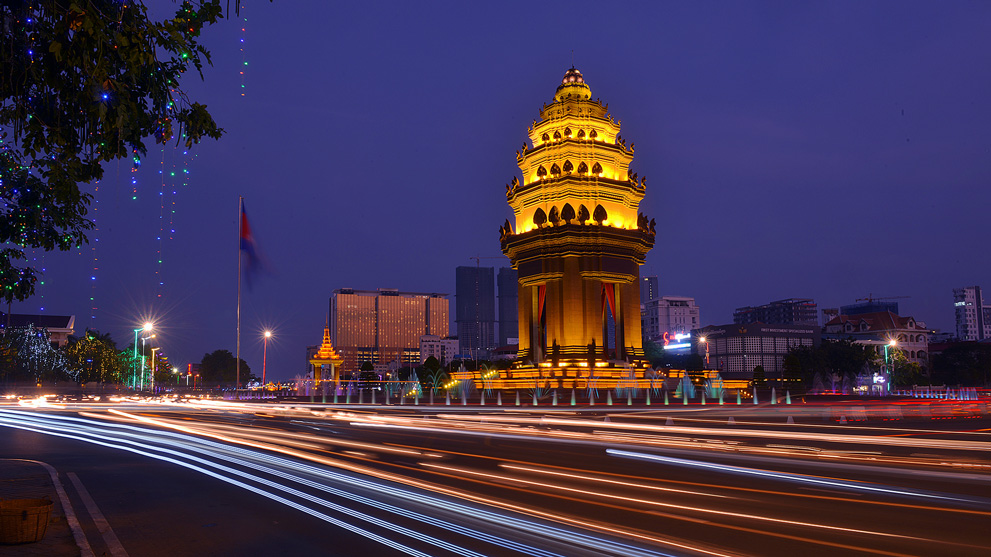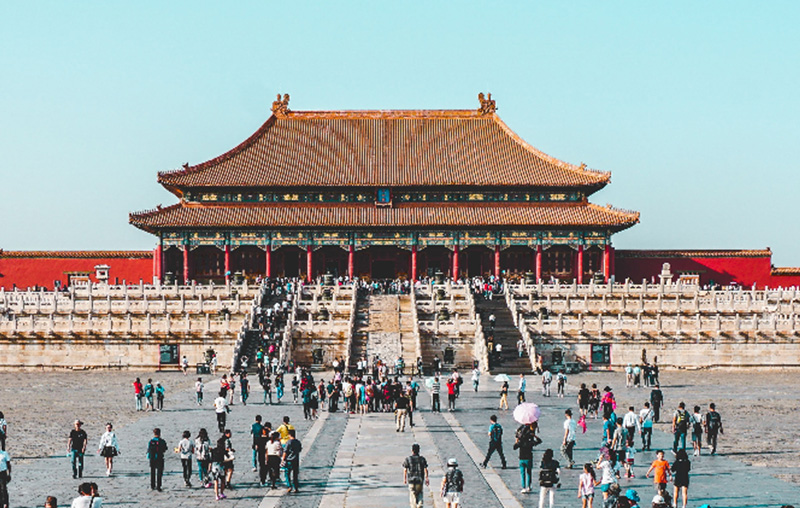In December 2023, at the 63rd Summit of Heads of State of MERCOSUR and Associate States held in Rio de Janeiro, Brazil, a landmark agreement was signed: the MERCOSUR-Singapore Free Trade Agreement (MCSFTA). This agreement marks a significant step forward in fostering international trade between Singapore, a global trade leader, and the countries of MERCOSUR — Argentina, Brazil, Paraguay, and Uruguay. Representing the 8th largest economy in the world with a combined GDP of US$2.7 trillion and a market of over 272 million people, MERCOSUR presents vast potential for businesses looking to expand their reach into South American countries.
Unpacking MERCOSUR and Singapore's trade relationship
MERCOSUR countries and Singapore, as a trading hub, are filled with histories of trade cooperation, though not necessarily a high-volume one prior to the MCSFTA. Singapore's emergence as a key player in international trade began in the latter half of the 20th century, fueled by its strategic location at the crossroads of major shipping lanes and its commitment to developing world-class infrastructure. This tactical advantage, coupled with a pro-business environment and stable government, transformed Singapore into a global trade and investment hub in Asia.
Meanwhile, MERCOSUR's formation in 1991 aimed to create a common market among its member states, facilitating the flow of goods, services, and investment within the bloc. Although initial trade volumes between MERCOSUR and Singapore remained modest, there was a focus on establishing a foundation for future collaboration.
Before the MERCOSUR-Singapore FTA, trade between Singapore and MERCOSUR countries existed, but the volume remained relatively low compared to Singapore's other trading partners in the region. Key sectors involved in this pre-MCSFTA exchange primarily centred on Singapore's strengths in manufactured goods and technology. Electronics, machinery, and chemicals were some of the city-state’s main exports to MERCOSUR, while agricultural products like soybeans, meat, and leather formed the core of MERCOSUR's exports to Singapore.
The MCSFTA is poised to significantly change this dynamic. By reducing trade barriers and cultivating a more transparent business environment, the agreement is expected to unlock new opportunities for trade diversification and growth in both regions.
Key features of the MERCOSUR-Singapore free trade agreements (MCSFTA)
The MCSFTA is a comprehensive agreement designed to streamline trade between Singapore and MERCOSUR countries. Here's a closer look at its key components:
- Tariff reductions and eliminations: A core element of the MCSFTA is the progressive reduction and eventual elimination of tariffs on over 96% of traded goods over a 15-year period. This phased approach allows businesses time to adjust while significantly lowering costs in the long run. Sectors like agriculture, manufacturing, and chemicals are expected to see immediate benefits from reduced tariffs, making exports and imports more competitive.
- Trade facilitation: Beyond tariff reductions, the MCSFTA focuses on streamlining trade procedures. This includes measures to simplify customs clearance processes, enhance transparency in regulations, and promote the use of electronic documentation. These measures aim to expedite the movement of goods across borders, reducing administrative burdens and delays.
- Market access for services: The MCSFTA opens doors for increased trade in services between Singapore and MERCOSUR. This includes commitments to liberalise regulations in sectors like financial services, telecommunications, and professional services. This will allow Singaporean companies with expertise in these areas to expand their reach into the MERCOSUR market, generating greater economic integration.
- Intellectual property rights: The MCSFTA emphasises the importance of protecting intellectual property rights. This includes provisions to combat piracy, counterfeiting, and trademark infringement. Stronger intellectual property protections will encourage innovation and technology transfer between Singapore and MERCOSUR countries, leading to the development of new products and services.
- E-commerce and investment: The MCSFTA recognises the growing importance of e-commerce and outlines measures to facilitate cross-border digital trade. Additionally, the agreement includes provisions to promote and protect investments between Singapore and MERCOSUR countries. This will create a more predictable and secure environment for businesses looking to invest across the regions.
In essence, the MCSFTA goes beyond simply reducing tariffs. It establishes a robust framework for promoting closer economic ties between Singapore and MERCOSUR, promoting trade diversification, innovation, and sustainable economic growth in both regions.
Implications for businesses exporting to and importing from MERCOSUR and Singapore
The MCSFTA presents a wealth of opportunities for businesses in both Singapore and MERCOSUR countries. The following are potential benefits and considerations for companies looking to capitalise on this agreement:
New Opportunities:
- Market access: The MCSFTA grants businesses on both sides easier access to new and expansive markets. Singaporean companies can now tap into the vast MERCOSUR consumer base of over 272 million people, with reduced trade barriers opening doors for their products and services. Conversely, MERCOSUR businesses gain a strategic entry point into the thriving Singaporean market, a global trade and investment hub with unparalleled connectivity to Southeast Asia and beyond.
- Cost reduction: The phased reduction and elimination of tariffs is a significant advantage for businesses. Lower import and export costs will improve profit margins and make products more competitive in both markets. This can lead to increased trade volumes and economic growth for companies on both sides.
- Diversification: The MCSFTA encourages trade diversification beyond traditional sectors. With reduced barriers for services like finance, telecommunications, and professional services, Singaporean companies can expand their offerings in MERCOSUR. Similarly, MERCOSUR countries can leverage Singapore's expertise in these areas to enhance their own service sectors.
Considerations and strategies:
- Market research: While the MCSFTA opens doors, navigating new markets requires thorough research. Businesses should carefully study consumer preferences, regulations, and distribution channels within MERCOSUR or Singapore to develop effective market entry strategies.
- Compliance: The MCSFTA introduces changes to international trade regulations and customs procedures. Businesses need to stay updated on these evolving requirements to ensure smooth trade compliance. Consulting with trade experts or partnering with a logistics company like DHL Express can help businesses navigate these complexities.
- Building partnerships: Finding reliable local partners in either MERCOSUR or Singapore can be crucial for success. These partners can provide invaluable insights into the market landscape and facilitate business connections.
By proactively addressing these considerations and implementing well-defined strategies, businesses can leverage the MCSFTA to unlock its full potential and achieve sustainable growth in this dynamic trade environment.
